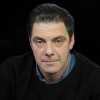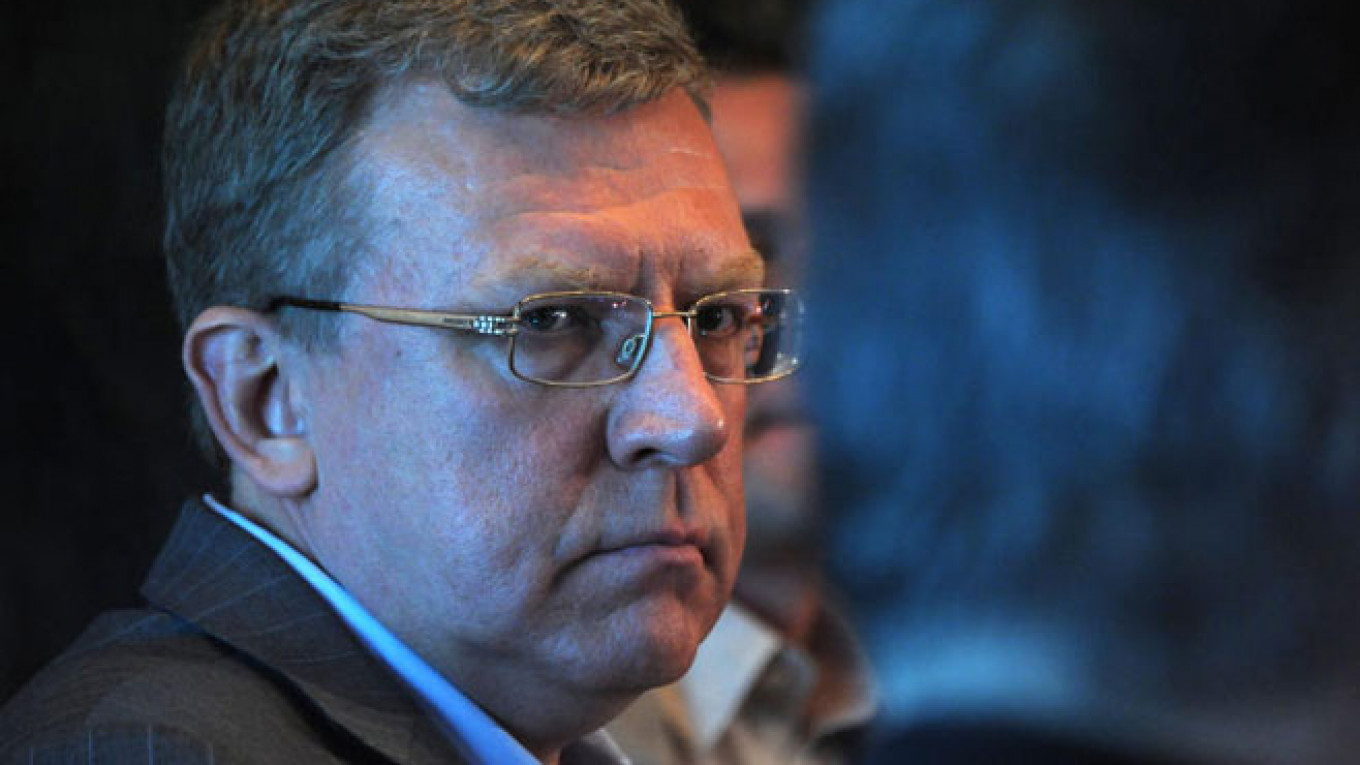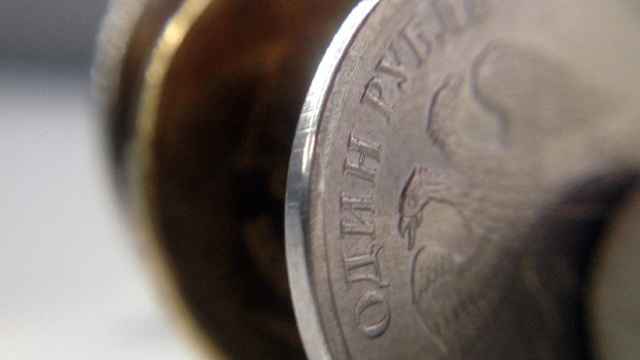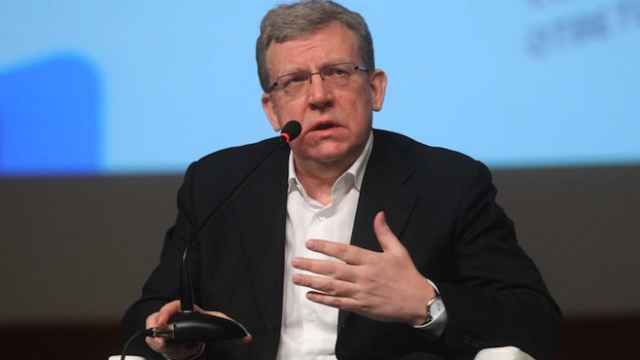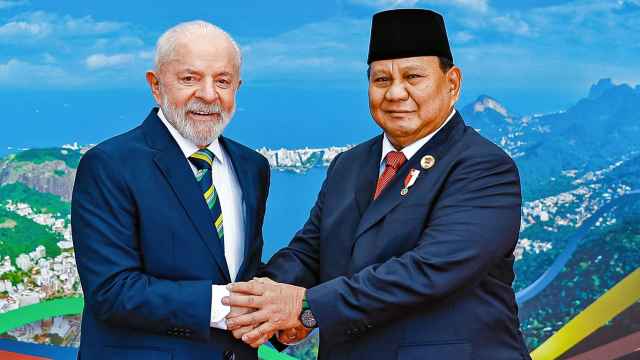 Kirill Rogov
Kirill RogovRussian President Vladimir Putin has decided that former Finance Minister and Deputy Prime Minister Alexei Kudrin is to draw up a new economic program for the country.
Any sensible economic strategy should be based upon Russia’s return to regular transfers of power in the Kremlin. No administration should serve for 16 years, and a considerable segment of the ruling elite understands this all too well.
Alexei Kudrin has been called on to reject that idea and instead to write a liberal economic program for Putin. It is designed to revive hope among the elite that Putin will take a more progressive stance during his 19th year in power.
Kudrin has in fact been brought in to play an old game. This will be the fourth such program of Putin’s rule.
The first was drafted by German Gref back in 2000. At the time, Putin was cultivating the image of a strongman-reformer, a man who effortlessly fulfilled the longing of the Russian people for a strong leader alongside the hopes of the Russian elite for a liberal market economy.
The government never formally adopted the program. Ministers took the draft “into consideration,” allowing leaders to implement or ignore policies as they pleased.
Imagine owning a horse-drawn cart: Someone brings you plans to convert it into a car and you promise to “take it into consideration.” At some point, you attach side mirrors, replace the two rear wheels with alloy rims, apply metallic paint to the sideboards and install an air conditioner for the driver. The result is that you have ostensibly achieved 35 percent fulfillment of the plan. The Russian government takes a similar approach.
Gref’s successor as Economic Development and Trade Minister, Elvira Nabiullina, drew up the second economic program. Her efforts were needed because the realities of the oil boom had derailed the market reforms envisioned by Gref. Nabiullina’s program was an attempt to carry out something called “oil modernization.” That project was approved in 2008 but become irrelevant a few months later when oil prices fell.
The third liberal economic program was the famous “Strategy 2020,” written by former President Dmitry Medvedev. That program was primarily intended to demonstrate Putin’s firm control over both conservative-strongmen and liberal-market discourses in Russian society.
This is one of the main political functions of the liberal economic programs Russia’s senior leaders periodically order up. They exist to prevent anyone else from proposing political or economic alternatives. Whatever happens in reality, if the government is rocked by the Yukos affair, energy wars, or the draining of pension funds, Putin makes sure to always have a progressive reform program on the table. He makes it clear that he just might implement it at any moment.
This fourth program will apparently serve the same purpose. Even after leaving the government, Kudrin has managed to build what could serve as the basis for a systemic opposition party by skillfully maneuvering between moderate but steady opposition and personal loyalty to Putin. Of course, it would be much more natural for Kudrin to head a progressive business party, stand for elections and then head a State Duma faction. For the Kremlin that is an unacceptable option, as is every natural occurrence in politics.
Kudrin has received only vague promises in his new post. He was invited to draft an economic program that has no official status or funding. He was offered only indefinite powers on the president’s Economic Council, a strange and practically non-functioning body that Putin has not consulted even once throughout 18 months of economic crisis.
Kudrin had been hoping to gain the status of “exclusive developer of Russia’s new reforms” and, according to rumors, win a senior position — possibly even deputy head of the presidential administration. In reality, he was put on a short leash and warned not to go too far.
This is despite the fact that Putin very much needs Kudrin. By bringing Kudrin to the fore, Putin kills two birds with one stone. First, he maintains pressure on Prime Minister Dmitry Medvedev's government. Second, in Russia, so-called “systemic liberals” fulfill certain paradoxical political and fiscal functions. In other countries, it is normal for economic liberals to advocate reductions in public spending, which, in turn, allows the government to lower taxes and spur economic growth. Russia’s “systemic liberals” vociferously call for spending cuts while never advocating tax cuts. To the contrary, they even vigorously oppose tax cuts from time to time.
The authorities have typically justified this strange policy on the grounds that they have needed to build up fiscal reserves. Over the last seven years while coffers were full, the world saw just how those reserves were spent. That excess cash allowed the government to avoid implementing essential reforms even during a time of economic crisis. It was spent on staging history’s costliest Olympic Games and a wildly expensive Asia-Pacific Economic Cooperation (APEC) summit, saving the Vneshekonombank (VEB) from bankruptcy, increasing defense and security spending and creating the National Guard.
Putin does need a “cost-cutting party” during the economic crisis, and it needs to be a bureaucratic, non-political party that will not exceed acceptable boundaries. This party should focus on increasing support for raising the retirement age: one of the key fiscal measures needed to preserve the “Putin system” during this economic crisis. The expectation is that Kudrin will agree to this role without making excessive political demands of his own.
Having someone to fulfill that role seems to be the rationale behind the current move Kudrin is proposing to draft an economic program that, just like the previous three, no one has any intention of carrying out. He hasn't been promised anything and is expected to do a lot of dirty work in return.
Kirill Rogov is a political analyst.
A Message from The Moscow Times:
Dear readers,
We are facing unprecedented challenges. Russia's Prosecutor General's Office has designated The Moscow Times as an "undesirable" organization, criminalizing our work and putting our staff at risk of prosecution. This follows our earlier unjust labeling as a "foreign agent."
These actions are direct attempts to silence independent journalism in Russia. The authorities claim our work "discredits the decisions of the Russian leadership." We see things differently: we strive to provide accurate, unbiased reporting on Russia.
We, the journalists of The Moscow Times, refuse to be silenced. But to continue our work, we need your help.
Your support, no matter how small, makes a world of difference. If you can, please support us monthly starting from just $2. It's quick to set up, and every contribution makes a significant impact.
By supporting The Moscow Times, you're defending open, independent journalism in the face of repression. Thank you for standing with us.
Remind me later.

